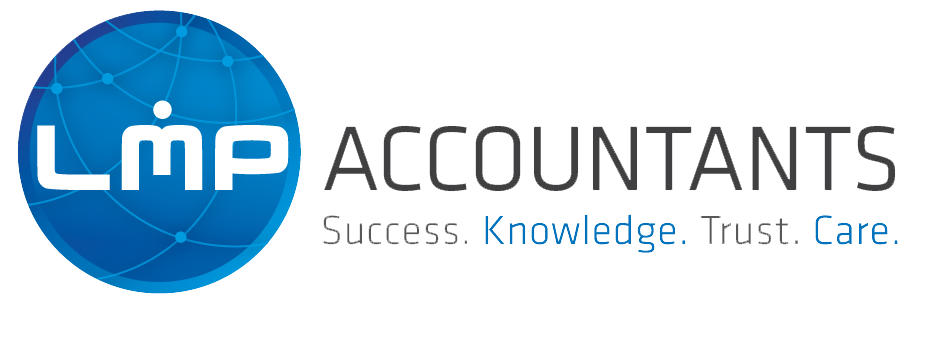Ten million hectares, lives lost, wildlife on the brink, billions in lost revenue and clean-up costs. For many, returning life to normal is a long way off this summer. We summarise the help available to those impacted by the bushfires.
What we can do for you
If you are impacted by bushfires, we can help. Many will need to lodge economic loss claims to ensure that the true value of what they have lost is recognised. We will help with these claims pro-bono. And, of course, to work with the Australian Tax Office (ATO) on disaster relief requirements.
Tax relief
Approximately 3.5 million businesses, individuals, and self-managed superannuation funds in identified areas (see the list of affected postcodes) have been granted special concessions and relief by the ATO:
An automatic extension until 28 May 2020 to lodge and pay activity statements, income tax, SMSF and FBT lodgements.
The deferral does not apply to:
Superannuation guarantee payments or lodgements
Large PAYG withholders (although they will be assessed on a case by case basis if they apply for relief from the ATO)
Fast tracking of refunds due
Tax debt recovery on hold until 28 May 2020.
Impacted taxpayers need to apply for special consideration. The ATO has stated they will, “consider releasing individuals and businesses from income tax and fringe benefits tax debts if they are experiencing serious hardship.”
Interest and penalties accrued by taxpayers in affected areas since the bushfires commenced will be remitted
Income tax instalments able to be varied to nil without penalty
If you are not in one of the identified postcodes but have been impacted by the bushfires, relief might still be available to you. When can work with the ATO on your behalf.
Support for individuals and families
Services Australia have mobile units assisting those in fire affected areas. Several payments and different forms of relief are available to those in fire affected areas:
The Disaster recovery payment is a tax exempt Federal Government payment available to those who are seriously injured, have lost an immediate family member, have lost their home or had it significantly damaged, or have lost major assets (or damaged):
$1,000 for each eligible adult, and
$400 for a dependent child under the age of 16.
An additional $400 to help with education expenses for eligible children. These payments are automatic if you are the primary carer of a child affected by the bushfires after 30 June 2019.
Loss of income: Disaster recovery allowance
If you work in a bushfire affected area, are an Australian resident over 16 years of age, are not already receiving a Government allowance, and have lost income as a result of the fires, you might be able to claim the Disaster recovery allowance. The allowance provides income support for up to 13 weeks (equivalent to the maximum Newstart or Youth Allowance).
You will need to prove that you earnt below the relevant income threshold to access the payment. While these payments are normally taxable, the Government has announced that it plans to introduce legislation that would make them tax-free, but this is not yet law.
Mental health support
Up to 10 free support sessions are available through primary health networks. In addition, Medicare rebates for 10 psychological therapy sessions through eligible GPs, psychologists, occupational therapists and social workers (you will not need a GP referral to access these services).
Phone, internet and energy
Many of the telecommunications providers are offering support packages for those impacted by the fires including free call diversion, extended time for bill payments, bill waivers in extreme hardship, and free prepaid recharges. Contact your provider.
Many of the energy providers are also offering support such as freezing accounts.
Support for business
Businesses in fire affected areas that have suffered direct losses or indirect economic loss may be able to access:
Recovery grants of up to $50,000 (tax free)
Concessional loans of up to $500,000 for eligible small businesses (including farmers, fishers and foresters) and non-profit organisations who have suffered significant asset loss of significant loss to revenue. The loan would be for up to 10 years and used for the purposes of restoring or replacing damaged assets and for working capital.
A range of State Government grants are also available.
Support for volunteer firefighters
Volunteer firefighters in NSW and QLD may be eligible for payments of up to $300 per day, with a cap of $6,000. The payments are not means tested and are tax-free. The payment is a Federal Government initiative administered by the State Governments (see Volunteer Firefighter Payment for NSW and Volunteer Compensation Package for QLD).
If you are in the public sector, you now have access to 20 days of paid emergency services leave to work on the front lines in addition to normal leave provisions.
Many telecommunications providers are offering eligible volunteer firefights and SES volunteers support. Optus and Telstra, for example, will cover the bills of these volunteers for December 2019 and January 2020.

